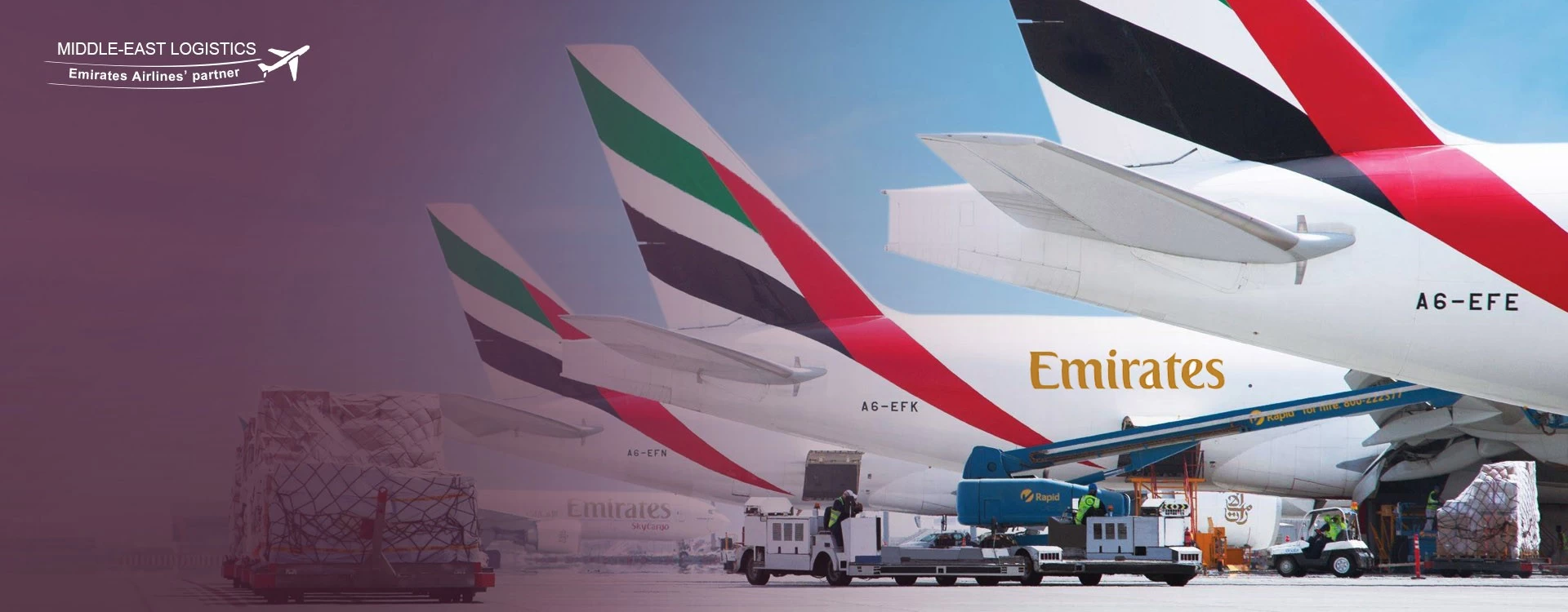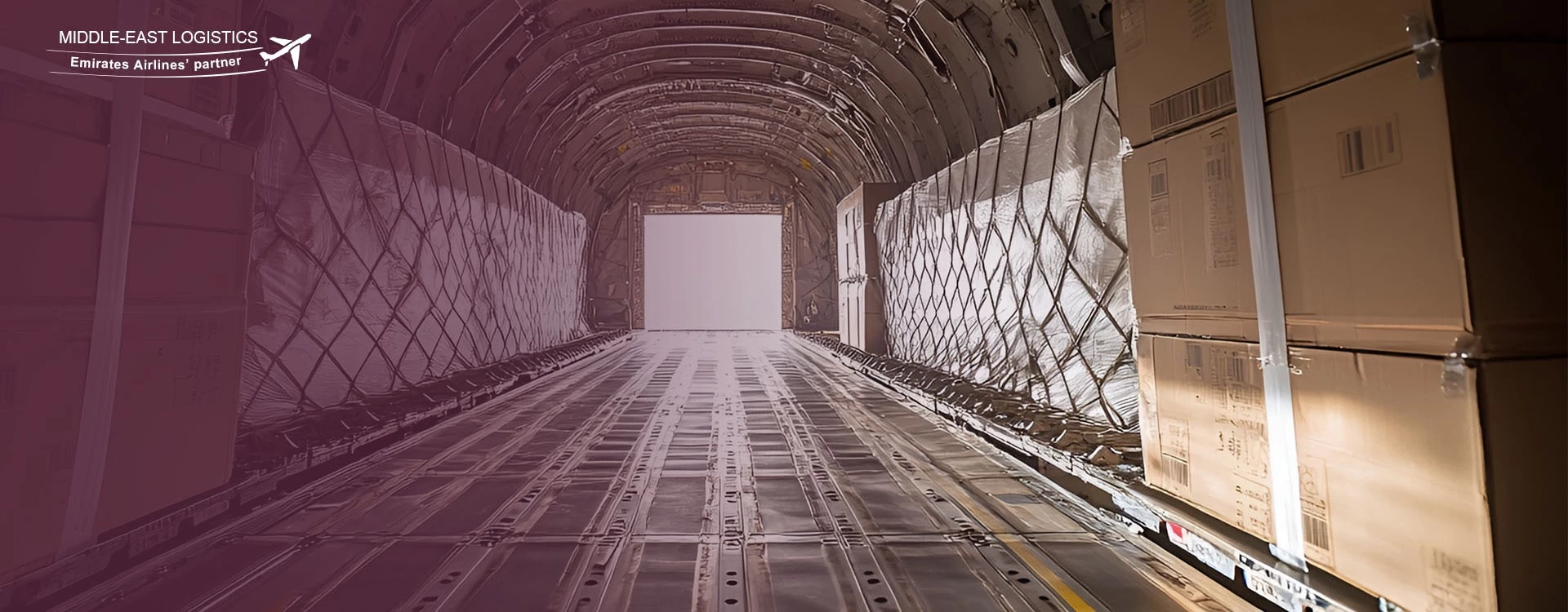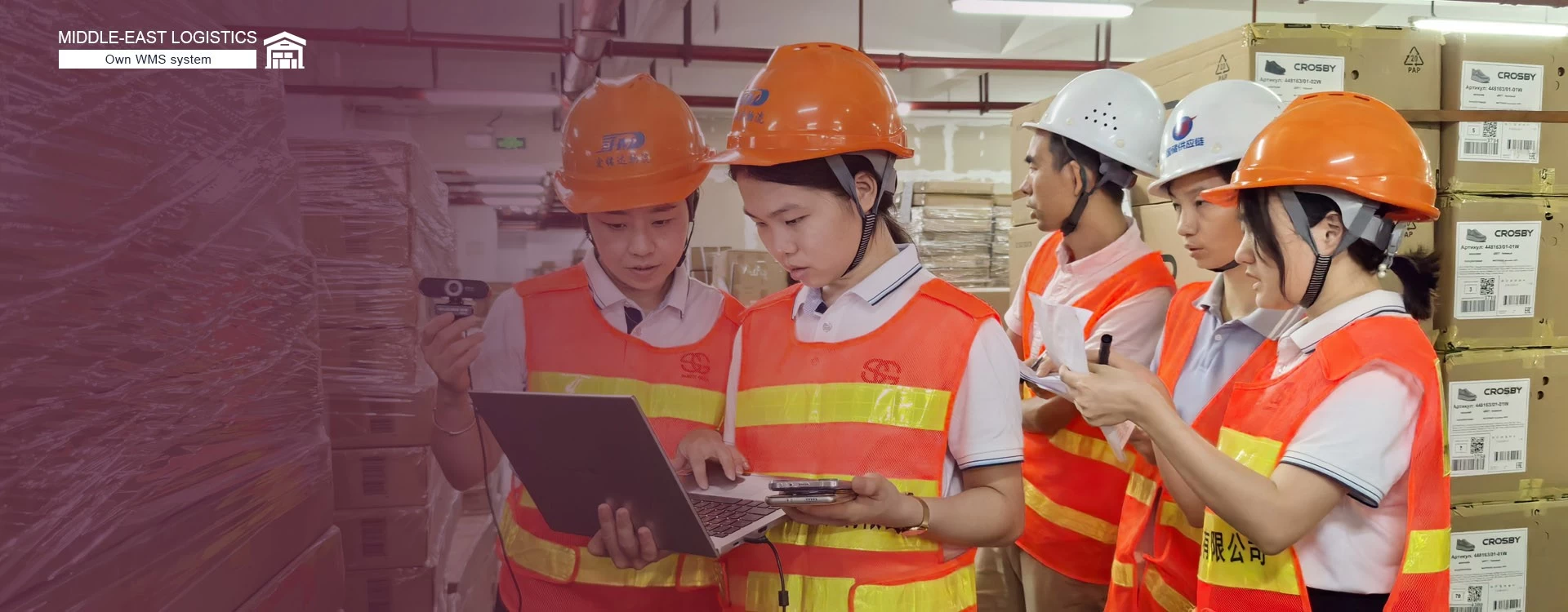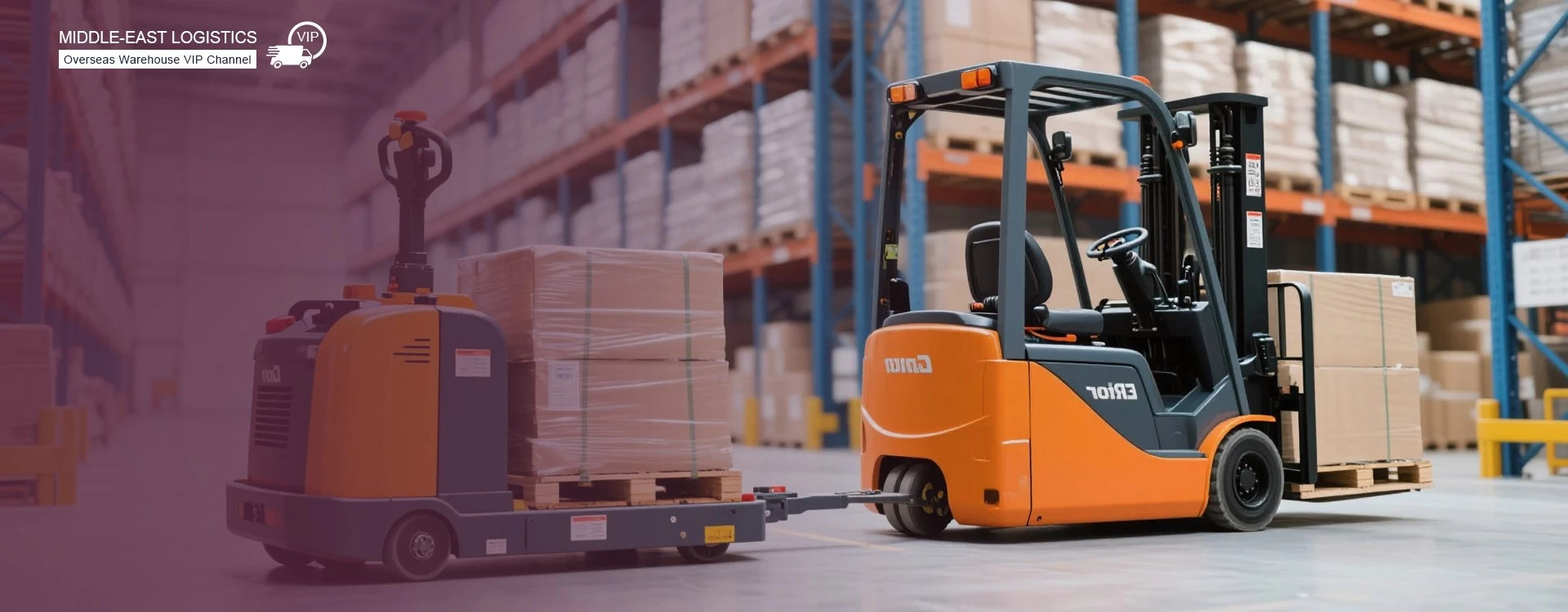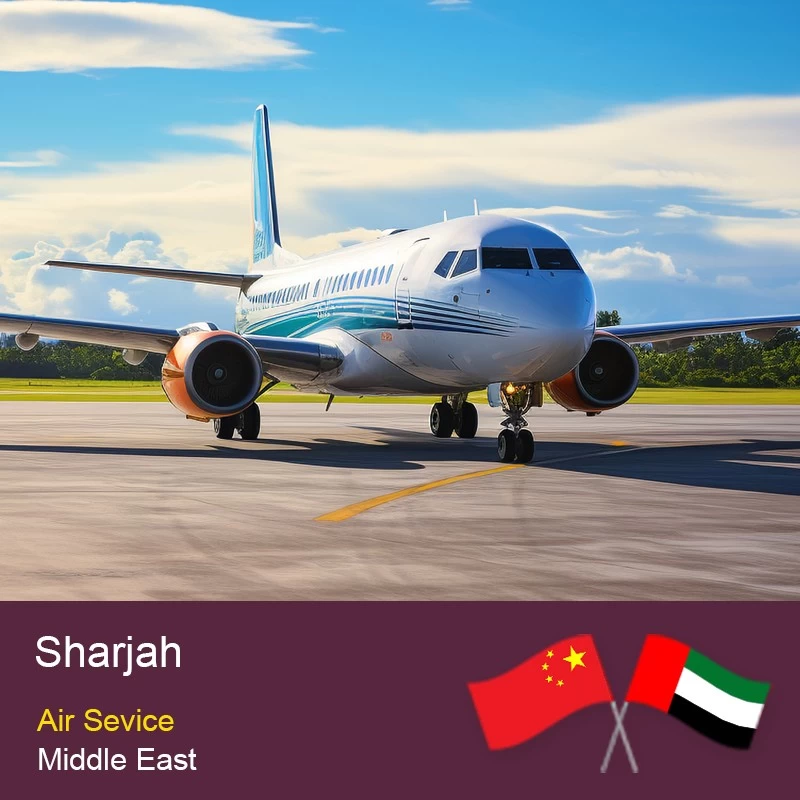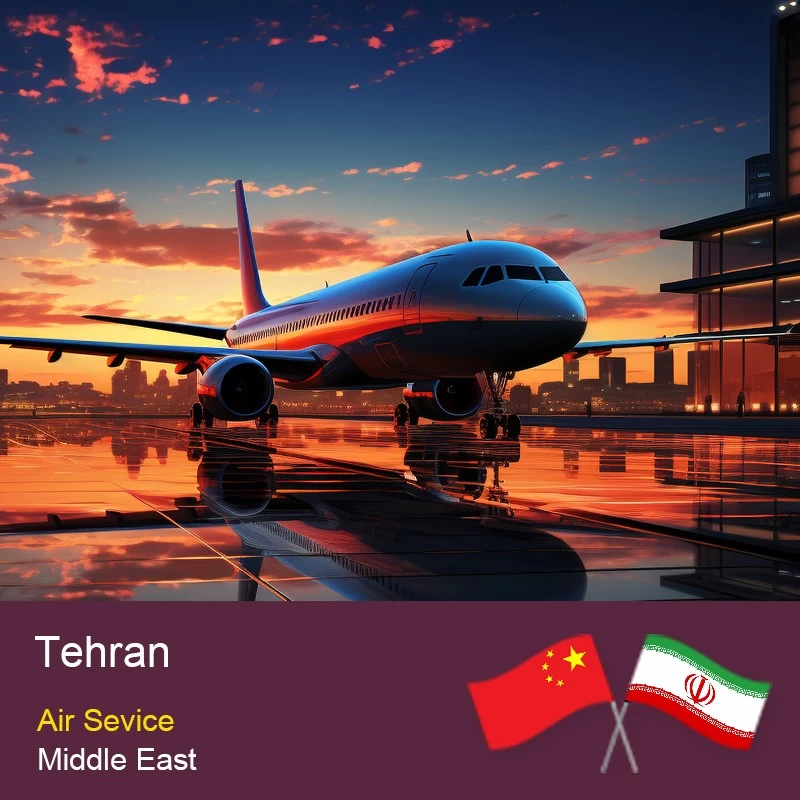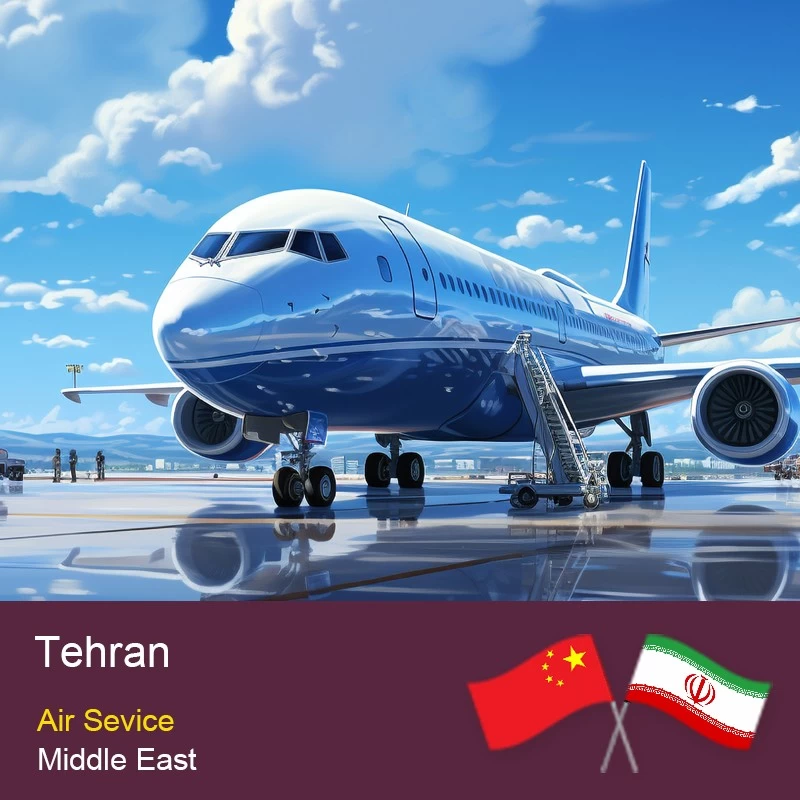Why Do Most Companies Offering Air Freight to Dubai Fail to Survive Beyond 3 Years?
Why is it that most freight forwarding companies offering air freight to Dubai can’t make it past three years? As we all know, there are 60,000 freight forwarders in Shenzhen alone, with thousands of them dealing with air freight to Dubai. New companies are registered almost every day, but at the same time, many others shut down. In other words, the vast majority of freight forwarding companies don’t last more than three years. So how have we not only survived but thrived for 27 years?
This is what we call the “three-year itch” for businesses. Our secret? “To secure outward success, first ensure internal strength.” In simple terms, you have to be strong from within. At most new freight companies, employees are assigned tasks almost immediately after joining—every little bit of work counts. But here, new hires first go through a one-month book club and training program. This includes two key parts: first, learning the operational knowledge specific to air freight to Dubai (which many companies do cover), and second—and more importantly—training on mindset and attitude. This is what keeps our work efficient and error-free.
The goal of this onboarding is to help employees develop closed-loop thinking: seeing every task through from beginning to end. Many of us have a natural tendency to start strong but lose momentum. Through training, we instill the habit of regularly reporting key progress points to managers. Based on their experience, managers can then provide timely guidance, ensuring efficiency and minimizing mistakes. This is the approach we’ve developed over years in the air freight to Dubai business. As the saying goes, “Sharpening the axe won’t delay the cutting of wood.”
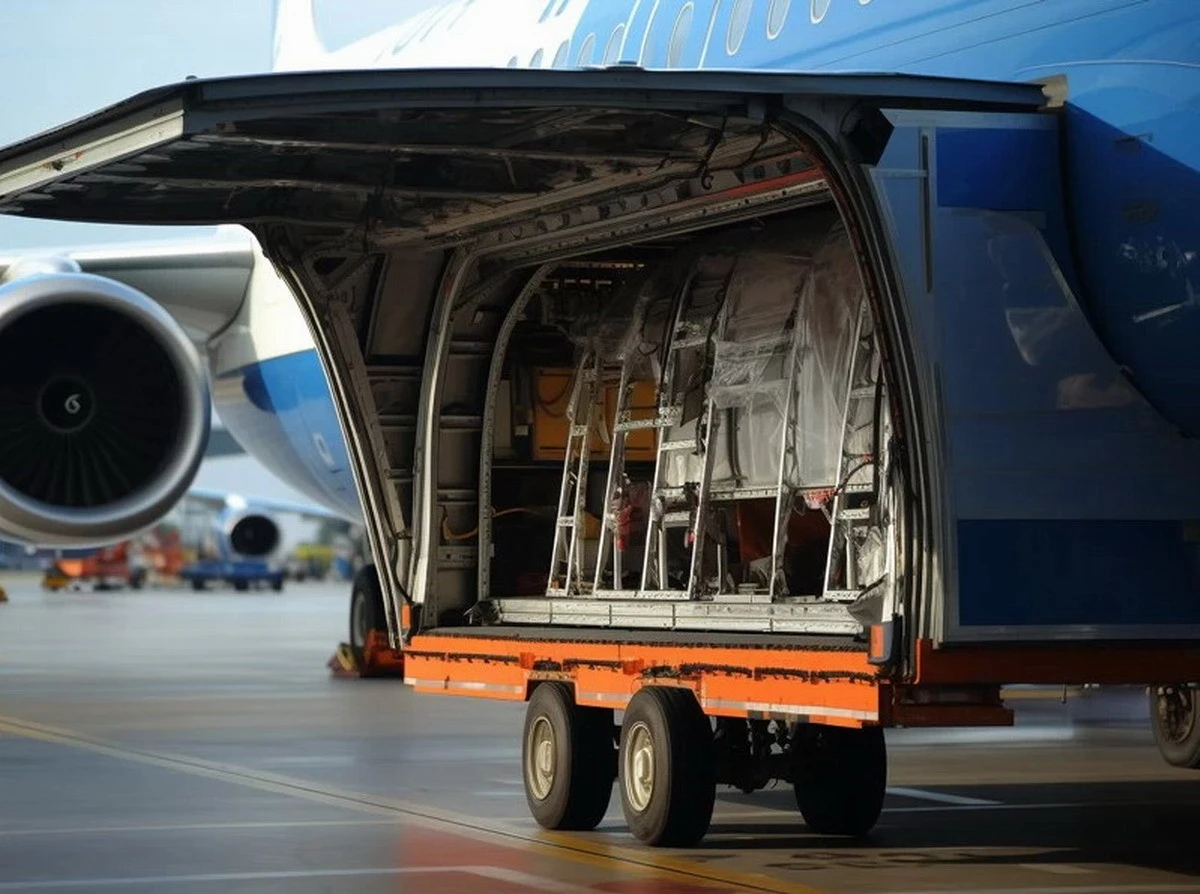
For example, we all know that customs clearance policies in destination countries for air freight to Dubai are strict and frequently change. This demands a lot from new sales staff—much of which comes from experience, not textbooks. During reporting and feedback sessions with managers, employees gain practical insights that go beyond official regulations and policies. These are often unwritten tips passed down verbally, like:
What to do when you get a call from the airline in the middle of the night saying a flight is canceled: how to arrange an alternative flight and adjust space within 30 minutes, while also reassuring the customer.
How to quickly contact the airline to apply for “exemption transport” when unregistered lithium batteries are found during security screening.
Understanding which charges at the destination port are negotiable (e.g., some document fees can be discounted by 20%) and which are fixed (like government-mandated environmental taxes). Through long-term cooperation, we also learn the lowest prices agents can offer.
If cartons are found wet or damaged during pickup, take photos on the spot and ask the airline to sign a “defective packaging” proof—this helps shift responsibility when claiming compensation later. Textbooks only teach the process; real-world practice relies on evidence chain awareness.
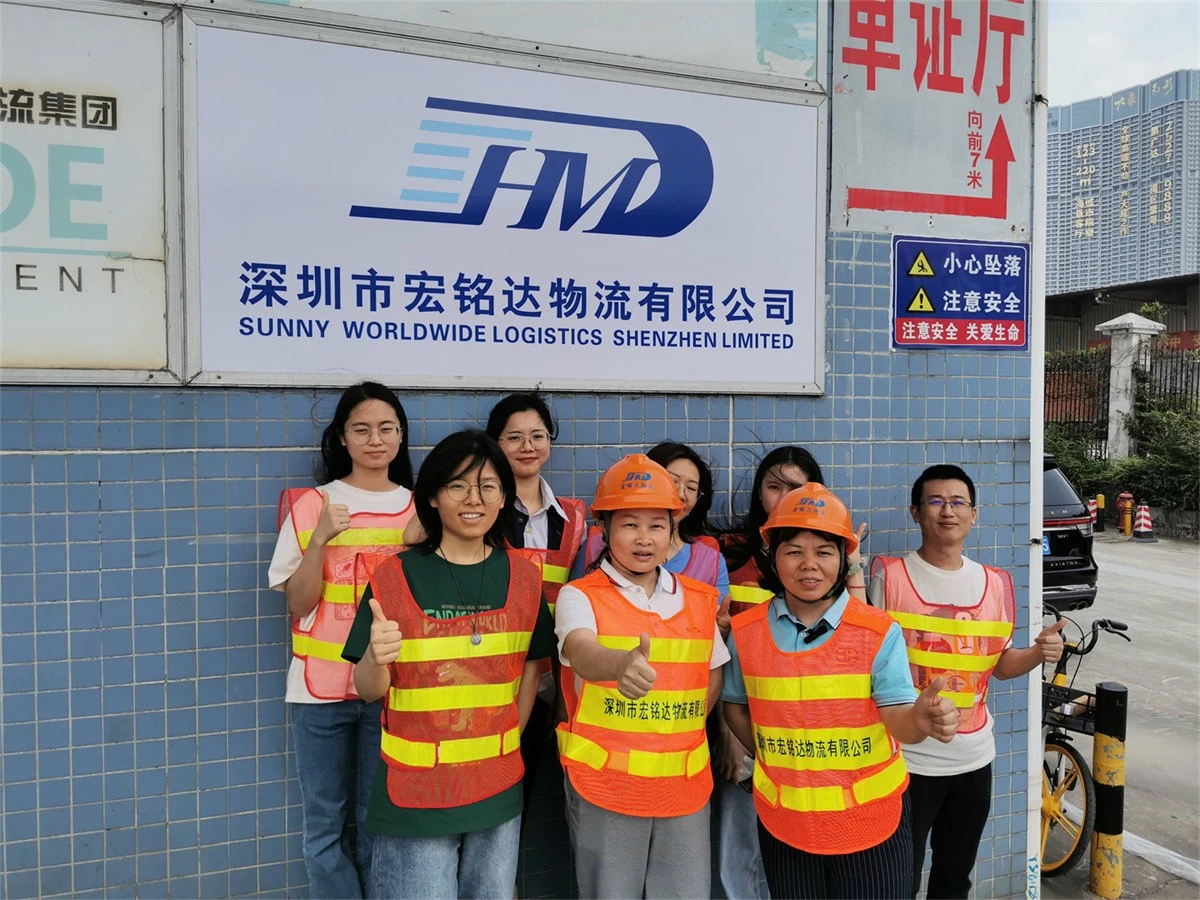
These core experiences are about finding a balance between compliance and practical savvy, using connections and information gaps to solve problems. Newbies might follow procedures rigidly, but managers and seasoned staff can teach them how to think on their feet.
We also hold weekly “Nail Spirit” sessions every Wednesday—staying focused on the goal and not giving up until we achieve results. Every employee embraces this mindset, which significantly boosts work efficiency. For instance, we familiarize ourselves with all the routes and port details across the Middle East. When clients ask, we can provide answers off the top of our heads, making us appear highly professional. And when it comes to air freight to Dubai, what client wouldn’t want a professional freight forwarder?

